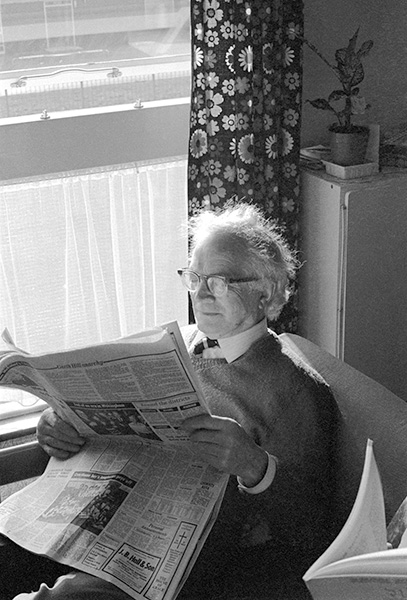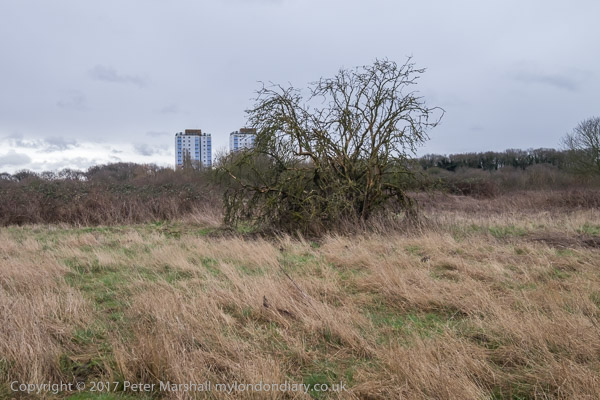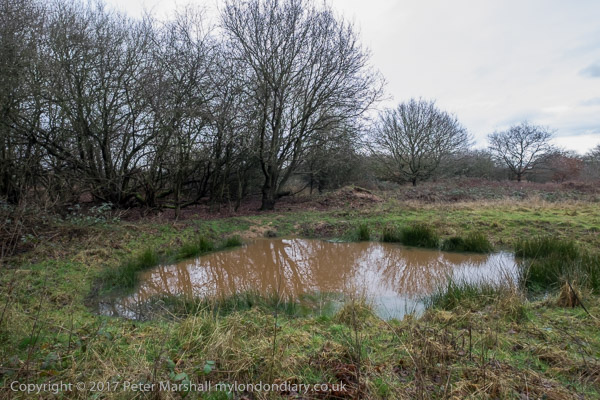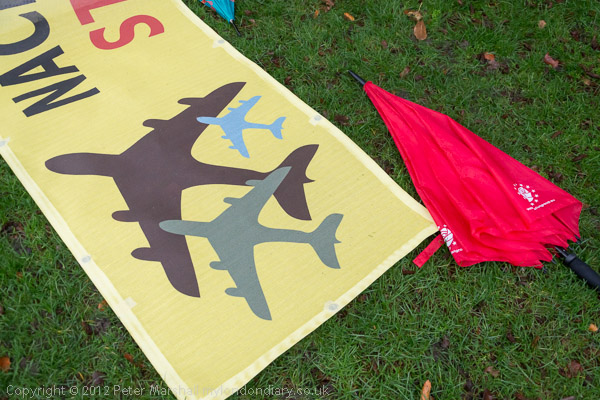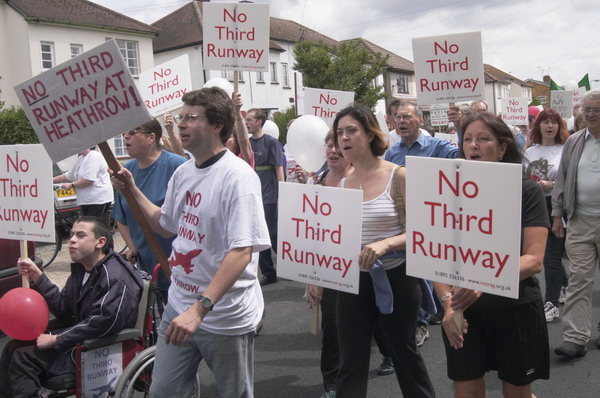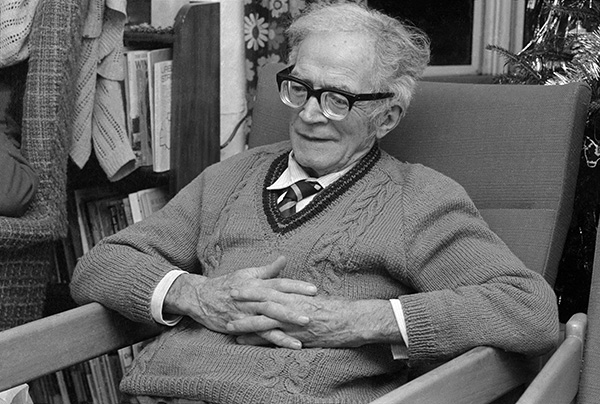Past Time To Act On Climate Change? Seven years ago on Saturday 7th March 2015, 20,000 or so protesters marched through London to remind government and the nation it was Time to Act on Climate Change. Seven years on, the IPCC Sixth Assessment Report released a week ago warns “that climate breakdown is happening faster than expected and that the window to take action is closing fast. The report is a call to governments and private sector players to take drastic action against climate change.”
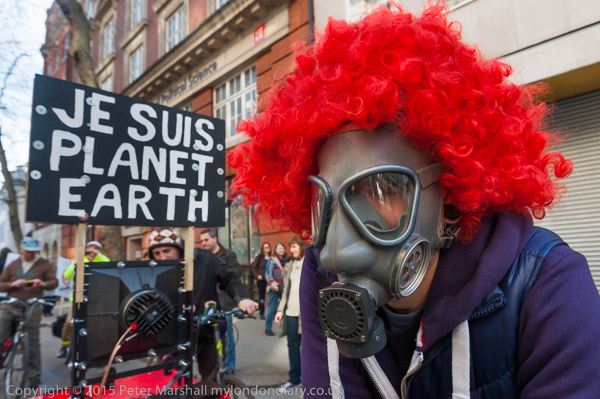
It’s a report that has largely been lost to public sight, pushed together with the stories about Tory sleaze and lies out of the news by the Russian invasion of Ukraine, though it has even more far-reaching implications. Not that I want to in any way minimise Putin’s criminal action and its terrible consequences for the people of Ukraine, largely innocents caught up in a situation of others’ making.
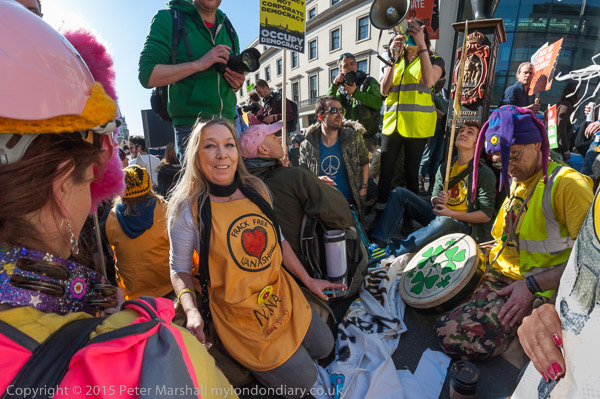
Of course the invasion of Ukraine has now raised the spectre of a nuclear war, which would almost certainly lead to mass extinction rather more rapidly than climate change, but the very dramatic prospect fortunately makes this almost unthinkable. Were it to happen it would almost certainly be by accident, something we have come close to several times in the past. Even our maddest politicians realise there is nothing to be gained by mutually assured destruction, and there would be no profits in it for the oligarchs or billionaires.
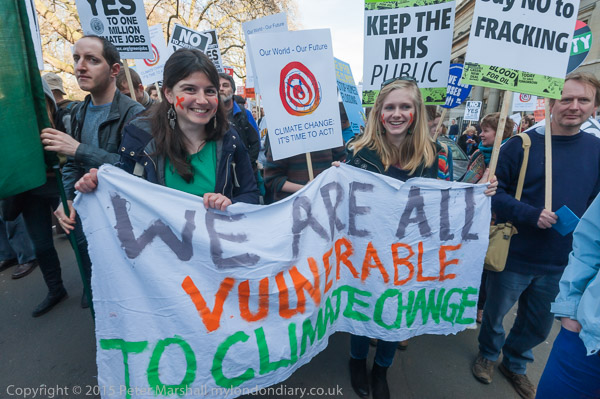
Climate change doesn’t happen in a massive flash, but is relatively slow and insidious. Even in the richer countries we are just beginning to feel its effects, and some in the Global South have long been suffering extreme hardship. But unless we heed the report and take drastic action without delay it will be too late to stop; many systems are coming close to their tipping points, past which there is no chance of recovery.

Scientists have been warning about the dangers for many years. Even 50 years ago when I was a student I spoke about the need to change the way we used the Earth’s resources and move to renewable systems of energy and agriculture, as many aspects of our current way of life were unsustainable.
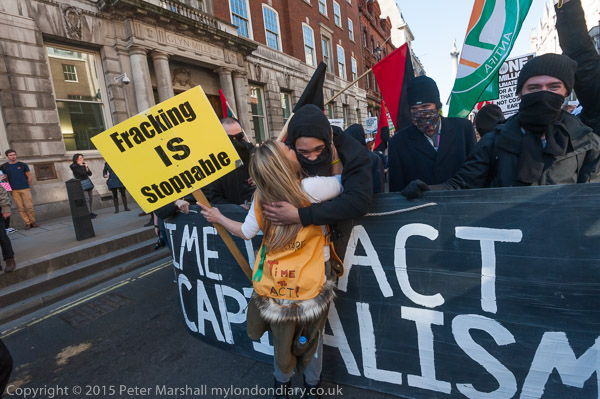
Over 50 years ago it was clear to me that we needed to cut our dependence on fossil fuels, not just because of the carbon emissions and other pollutants, but also because thinking in the longer term it seemed a waste to burn what was a limited resource and an important chemical resource for plastics and other materials. I sold the only car I’d owned in 1967 or 8, because we needed to move away from a society based around private cars. It was clear too that we needed to farm in ways that conserved the soil and that many modern agricultural practices destroyed it – my father had joined the Soil Association which was established in 1946.
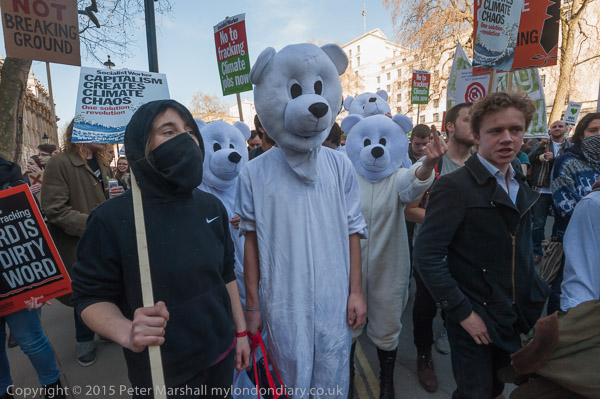
But of course there were huge profits to be made from fossil fuels and other industries that were driving up global emissions – and huge campaigns of obfuscation and lobbying. Most politicians in most countries were doing very nicely out of exploiting our natural resources – and the workers, who needed to be kept happy by more and more consumer goods as well as a huge and almost universal media promoting consumerism. Bread and circuses is of course nothing new.
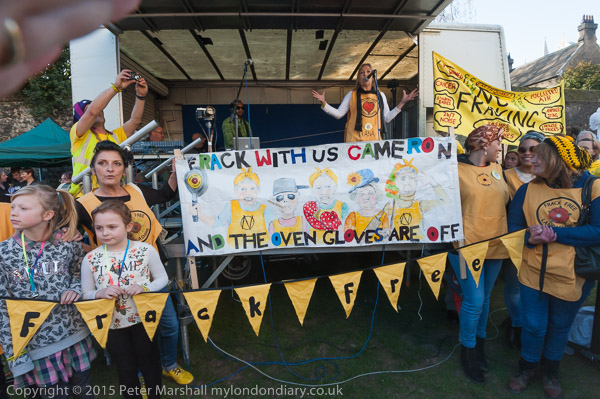
Countries around the world, whatever their politics, are almost entirely run by politicians who have prospered from ‘business as usual’, and usually business corruption which they have colluded in by allowing money laundering, allowing huge tax avoidance and evasion and more. They have now learnt to talk the talk about climate change, but, as Greta Thunberg pointed out, it has been all “blah, blah, blah”, promises but little or no action.
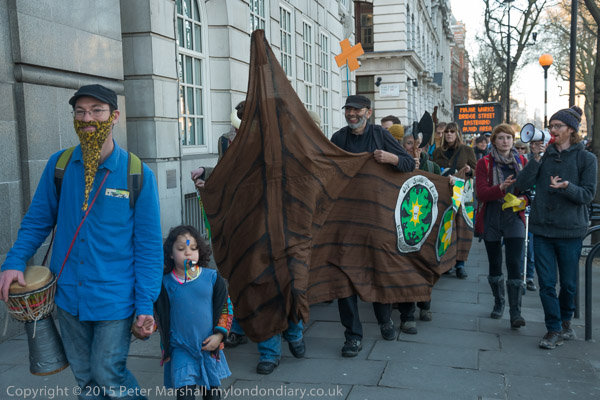
There were many different groups taking part in ‘Time To Act on Climate Change’, including the Campaign Against Climate Change who have organised regular protests in London since 2002, Friends of the Earth who I’ve supported since the 1970s, the Green Party, anti-fracking protesters including the fabulous ‘Nanas’ of Frack Free Lancashire, campaigners against Heathrow expansion – and I list a few more in Climate Change Rally, which also has pictures of some of the speakers.
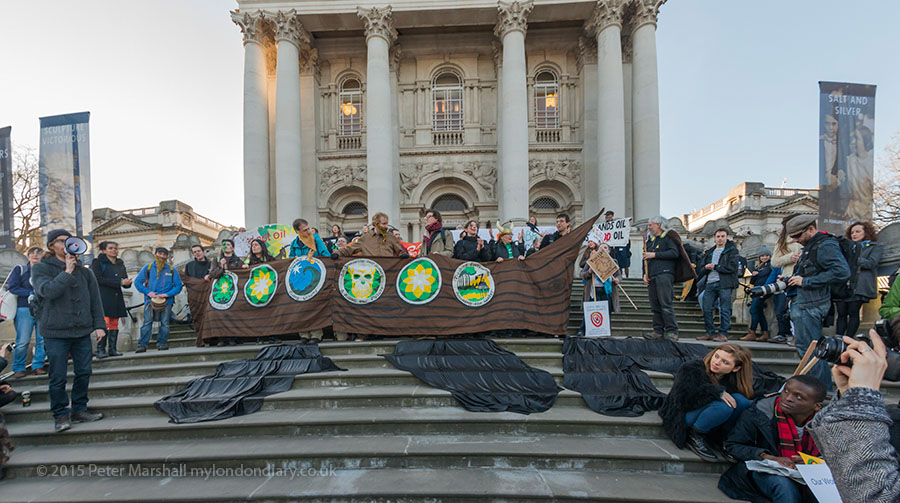
At the end of the rally I went on to photograph a protest by ‘Art Not Oil’ who invaded the steps of Tate Britain with their ‘longship’ and ‘oil spills’ in a protest demanding the Tate give up taking sponsorship from BP, who used their support of the arts to give themselves a positive public image despite the pollution and climate change their activites cause. It’s time to end this ‘greenwashing’.
Viking longship invades Tate steps has a few pictures of the event. The Longship first sailed to the British Museum where BP had sponsored a show on the Vikings. As I commented, the plastic oil spills used by the protesters “are a lot easier to clean up than the real ones BP has created such as Deepwater Horizon in the Gulf of Mexico, and which could be truly catastrophic in the Arctic.”
More on all these on My London Diary:
Viking longship invades Tate steps
Climate Change Rally
Time to Act on Climate Change
